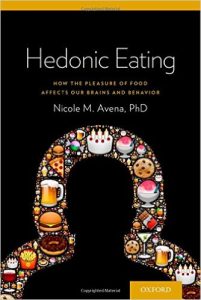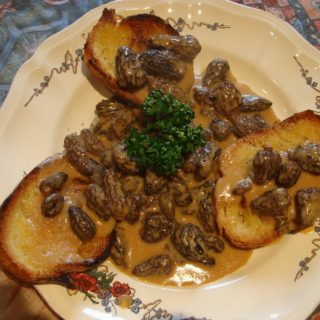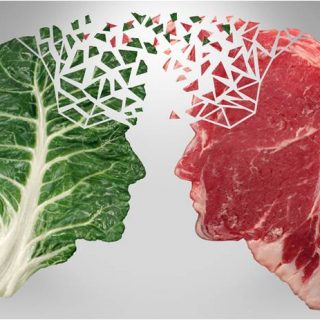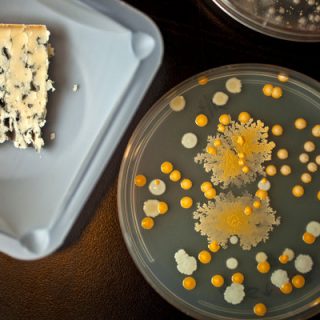 Overeating and obesity are on the rise. Despite public health warnings, availability of diet books and programs, and the stigma associated with obesity, many people find it difficult to achieve and maintain a healthy body weight. While there are many books on the topic of caloric or need-based eating, obesity and overeating can also result from eating that is not driven by hunger. Recent research found that excess food intake is largely driven by the palatability of food and the pleasure derived from eating.
Overeating and obesity are on the rise. Despite public health warnings, availability of diet books and programs, and the stigma associated with obesity, many people find it difficult to achieve and maintain a healthy body weight. While there are many books on the topic of caloric or need-based eating, obesity and overeating can also result from eating that is not driven by hunger. Recent research found that excess food intake is largely driven by the palatability of food and the pleasure derived from eating.
Hedonic Eating: How the Pleasure of Food Affects Our Brains and Behavior discusses the pleasurable aspects of food intake that may cause and perpetuate overconsumption. Broad in its scope, this book examines the various behavioral, biological, and social rewards of food. The comprehensive chapters cover topics ranging from the neurochemistry of food reward to the hotly debated concept of ‘food addiction,’ while providing relevant and up-to-date information from the current body of scientific literature regarding food reward.
Order the book
Food 2.0 LAB in association with Amazon
Books by the same author –














